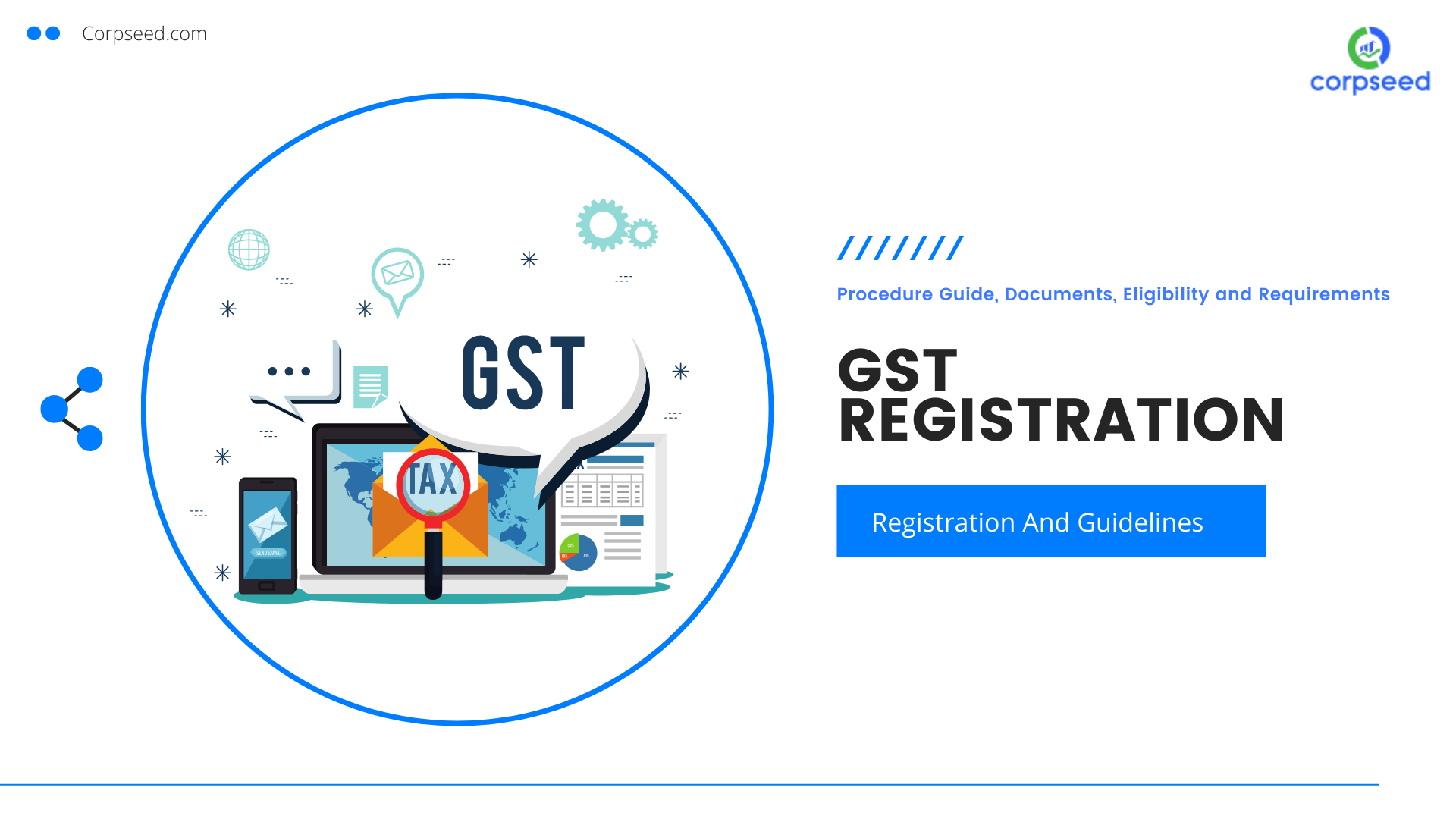Finding Reputable and Effective Best GST Registration Services in Singapore
Finding Reputable and Effective Best GST Registration Services in Singapore
Blog Article
From Beginning To End: The Ultimate Roadmap to GST Enrollment for Services Seeking Financial Security
Browsing the intricacies of Item and Provider Tax Obligation (GST) registration is a vital action for businesses striving for financial stability. Damaging down the roadmap right into convenient actions can simplify the enrollment trip for services looking to improve their monetary standing.
Comprehending GST Fundamentals
Digging right into the basic concepts of Item and Provider Tax Obligation (GST) is essential for gaining an extensive understanding of its effects on services and the economic situation. GST is a value-added tax obligation levied on many items and services for domestic consumption. It has actually changed several indirect taxes that existed in the pre-GST era, streamlining the tax obligation framework and improving simplicity of doing business in India. Under the GST system, both items and solutions are strained at a certain rate, which is determined based upon their classification. Businesses are called for to sign up for GST if their annual turn over surpasses the threshold limit established by the federal government. Input Tax Credit Scores (ITC) is a substantial attribute of GST, permitting services to claim credit history for taxes paid on inputs, reducing the general tax burden. Understanding the essentials of GST is vital for organizations to adhere to tax laws, manage their finances effectively, and add to the country's economic development by taking part in a clear tax system.
Eligibility Criteria for Registration
To register for GST, companies should satisfy certain eligibility requirements established by the federal government. The main qualification demand is that any type of company included in the supply of goods or services with a yearly accumulation turnover above the threshold limit established by the authorities have to sign up for GST. Since the present guidelines, the threshold restriction for GST enrollment is a yearly aggregate turn over of 40 lakhs for businesses operating within a state, except for special classification states where the restriction is 20 lakhs. In addition, certain companies are required to sign up for GST regardless of their turn over, such as interstate providers, casual taxed individuals, and services reliant pay tax under the reverse cost system. It is critical for services to thoroughly assess their turn over and transaction kinds to establish their GST registration commitments properly. Failing to register for GST when eligible can bring about charges and lawful consequences, making it important for organizations to follow the defined eligibility criteria.
Files Needed for Enrollment
Having actually fulfilled the eligibility requirements for GST registration, organizations should currently ensure they have the requisite papers in position to continue with the registration process effectively. The files required for GST enrollment normally include he said evidence of organization constitution, such as collaboration act, enrollment certification, or unification certification for various sorts of companies. Additionally, businesses need to provide files establishing the primary workplace, such as a rental agreement or electricity costs. Frying pan card of business, along with the identification and address evidence of promoters/partners/directors, are essential for verification purposes. Checking account statements, along with terminated cheques or a duplicate of the financial institution passbook, are called for to validate the financial details provided during registration. Moreover, organizations must have digital trademarks all set for the accredited signatory. Making sure all these records are arranged and conveniently offered will certainly quicken the GST enrollment procedure, enabling businesses to follow tax policies perfectly.
Step-by-Step Registration Refine
Commencing the GST enrollment procedure entails a series of organized steps to ensure a compliant and seamless registration for organizations. The first action is to see the GST site and complete the enrollment form with accurate details of business entity. Following this, the candidate receives a Short-term Referral Number (TRN) which is utilized to return check this site out to the application process if it's not completed in one go.
Next, all needed documents according to the list given by the GST portal need to be uploaded. These files commonly consist of evidence of company address, registration and identification proofs of promoters, monetary declarations, and business entity's PAN card.

Post-Registration Conformity Standards

Final Thought
In final thought, services looking for financial security must understand the essentials of GST, fulfill eligibility criteria, gather necessary files, follow the step-by-step enrollment process, and comply with post-registration guidelines - Best GST registration services in Singapore. By sticking to these actions, companies can guarantee compliance with tax regulations and maintain economic security in the long run
Additionally, particular services are required to sign up for GST irrespective of their turn over, such as interstate vendors, laid-back taxable individuals, and companies accountable to pay tax under the reverse charge device.Having fulfilled the qualification criteria for GST enrollment, organizations must currently ensure they have the requisite documents in location to proceed with the registration procedure successfully. The records needed for More Help GST registration typically consist of proof of organization constitution, such as partnership act, registration certification, or incorporation certification for different types of organizations. Furthermore, businesses need to give files developing the principal location of business, such as a rental contract or power bill.Beginning the GST enrollment process includes a collection of structured steps to make certain a certified and seamless enrollment for organizations.
Report this page